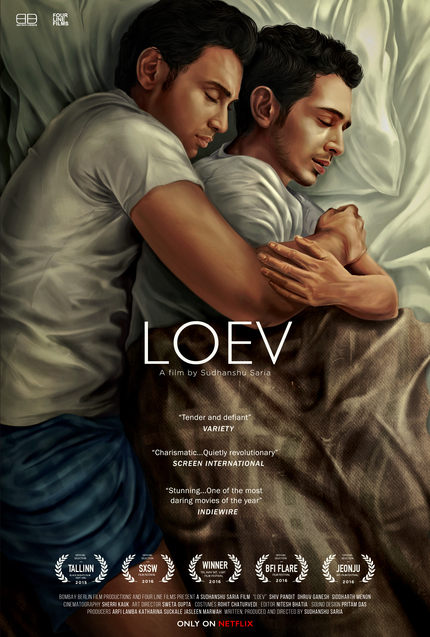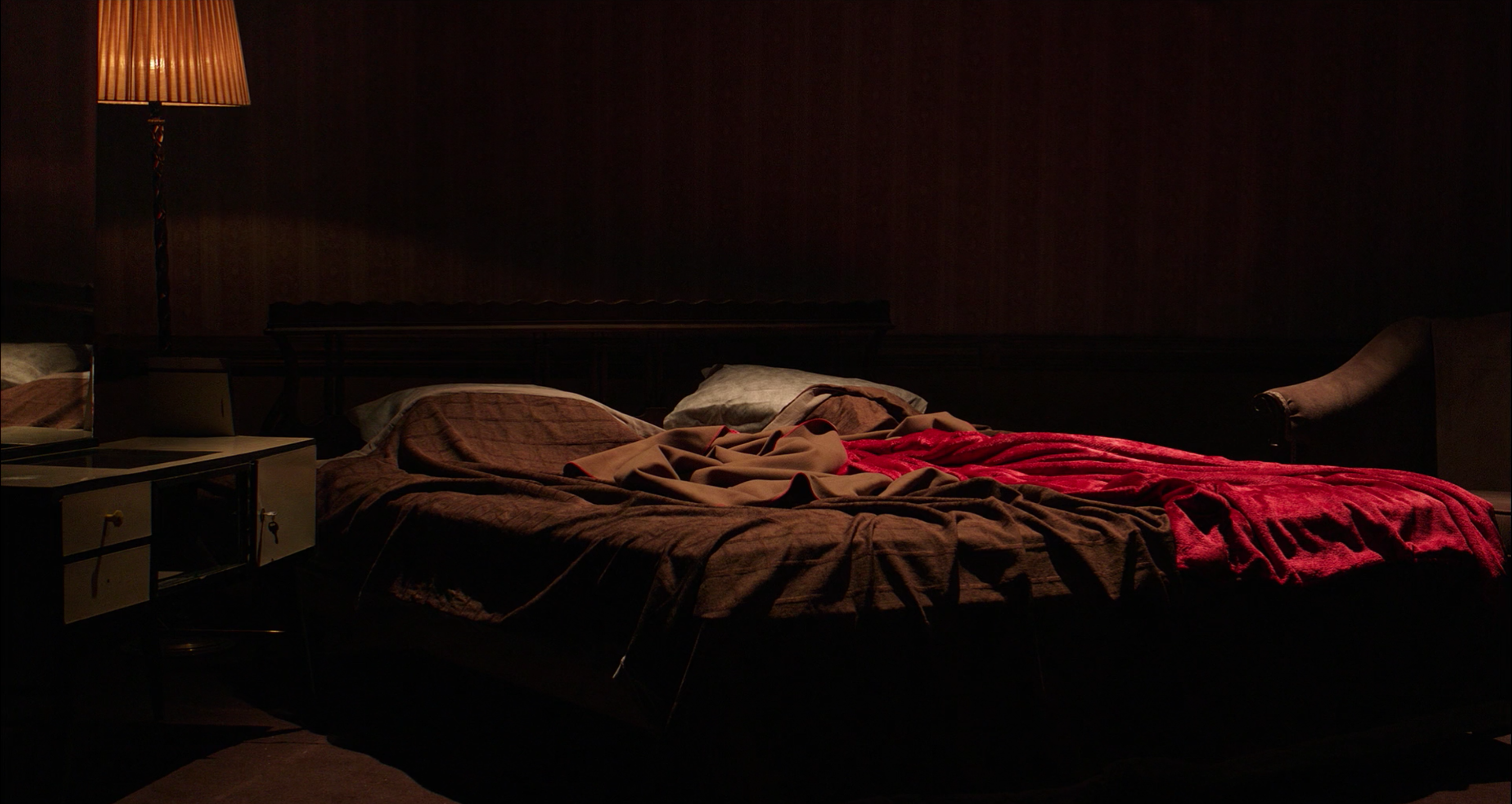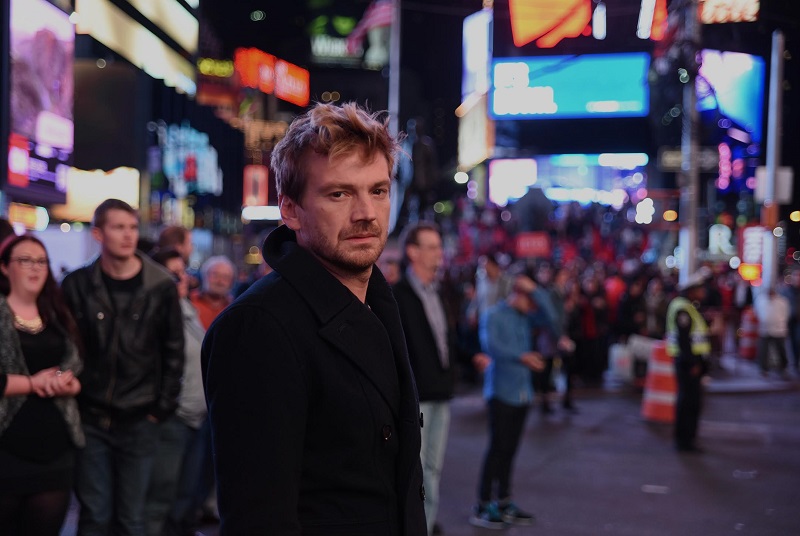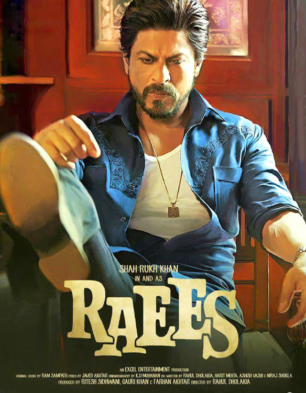New to Netflix: "LOEV" is a many splendored thing
 Tuesday, May 9, 2017 at 7:40PM
Tuesday, May 9, 2017 at 7:40PM Please welcome new contributor Seán McGovern to TFE
 LGBT titles on Netflix are tricky – how to see cute boys, feel all fuzzy and yet be artistic? Enter last year's critically acclaimed LOEV, which breezed its way onto Netflix everywhere last week. LOEV, Sudhanshu Saria's dreamy and offbeat romance from India was both a critical and audience favorite of the festival circuit in 2016.
LGBT titles on Netflix are tricky – how to see cute boys, feel all fuzzy and yet be artistic? Enter last year's critically acclaimed LOEV, which breezed its way onto Netflix everywhere last week. LOEV, Sudhanshu Saria's dreamy and offbeat romance from India was both a critical and audience favorite of the festival circuit in 2016.
Western viewers may take for granted the quality and significance of some LGBT film out there, but having gay central characters in Indian cinema is still greatly taboo and faces serious challenges by the cencors – upbeat Bollywood films such as Kapoor & Sons take on an extra sense of daring when viewed by different sets of eyes (and yep, still make boffo box office).
Navigating romance was only part of it for Saria who I spoke with earlier today...
 Bollywood,
Bollywood,  India,
India,  King Cobra,
King Cobra,  LGBT,
LGBT,  LOEV,
LOEV,  Netflix,
Netflix,  foreign films,
foreign films,  streaming
streaming 






